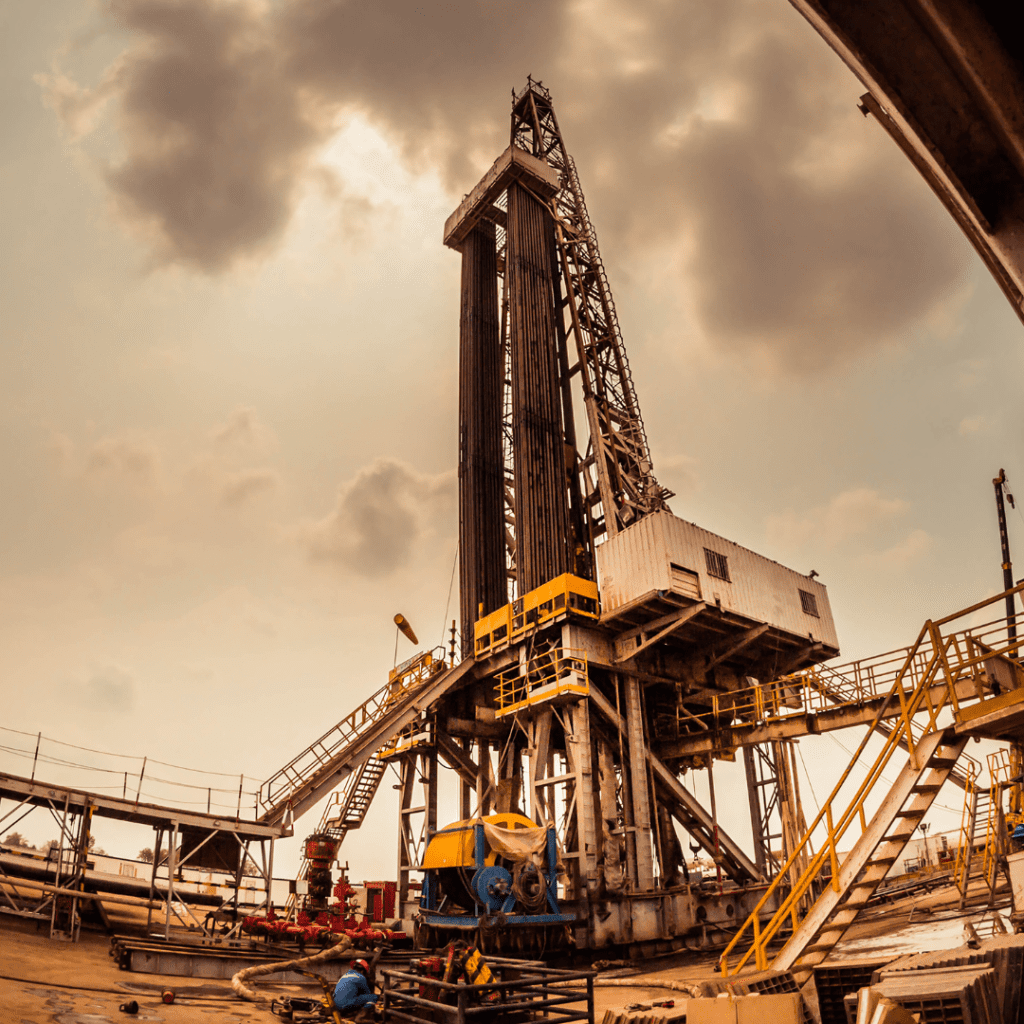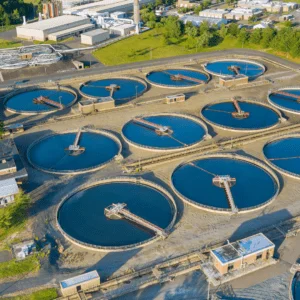
Unlocking the Potential of Drilling Fluid Additives
Within the realm of drilling operations, the role of drilling fluid additives is paramount. Moreover, drilling mud additives, essential for optimizing performance, stabilizing wellbores, and overcoming challenges like lost circulation, are crucial in drilling operations. This article explores their significance, functionality, benefits, and advanced market solutions.
Understanding the Significance of Drilling Fluid

Furthermore, drilling fluid, commonly known as mud, serves multiple purposes in drilling operations. It aids in carrying drill cuttings to the surface, lubricating the drill string, and maintaining wellbore stability. Nevertheless, the basic composition of drilling fluid may not always suffice, particularly in challenging drilling environments. This is where it comes into play.
Enhancing drilling Performance with Additives
- Optimizing Fluid Properties: Additionally, fluid additives optimize drilling fluid properties, ensuring efficient operations and minimizing issues like stuck pipe or wellbore instability.
- Mitigating Lost Circulation: Additionally, lost circulation, where drilling fluid escapes into the formation, poses a significant challenge during drilling. Moreover, advanced fluid additives mitigate lost circulation, preserving drilling fluid and well integrity.
Exploring Types of Drilling Additives
- Weighting Agents: Weighting agents increase the density of drilling fluid, providing adequate pressure to prevent influxes of gas, oil, or water into the wellbore.
- Viscosifiers: Viscosifiers, or thickeners, enhance the viscosity of drilling fluid, aiding in the suspension and transport of drill cuttings to the surface.
- Fluid Loss Control Additives: These additives minimize fluid loss into the formation, ensuring wellbore stability and reducing the risk of formation damage.
- Emulsifiers and Surfactants: Additionally, emulsifiers and surfactants facilitate the emulsification of oil-based drilling fluids, ensuring uniform dispersion of additives and enhancing overall fluid performance.
- Defoamers: Defoamers are used to control foam formation in drilling fluids, preventing the buildup of foam that can hinder drilling operations.
- Corrosion Inhibitors: Corrosion inhibitors protect drilling equipment and wellbore integrity by preventing corrosion in metal components exposed to drilling fluid.
- Antifoaming Agents: Antifoaming agents counteract foam formation in drilling fluids, ensuring smooth and efficient drilling operations.
- Oxygen Scavengers: Oxygen scavengers remove dissolved oxygen from drilling fluids, preventing oxidation reactions that can degrade fluid performance and equipment integrity.
- Detergents: Detergents help disperse and remove contaminants from drilling fluids, ensuring the cleanliness and effectiveness of the fluid throughout the drilling process.
Supplier of Drilling Fluid Additives

Finding reliable suppliers of drilling fluid additives is essential for ensuring the quality and consistency of drilling operations. Many companies specialize in producing and distributing additives, offering diverse products to meet industry needs. From multinational corporations to regional suppliers, drilling companies have access to a variety of options when sourcing chemicals.
Companies need to research, evaluate suppliers, and form strong partnerships for reliable delivery and performance of drilling fluid additives.
Conclusion: Maximizing Efficiency with Drilling Fluid Additives
Additives optimize fluid properties, mitigate challenges like lost circulation, and ensure smooth process. Understanding and sourcing them from reliable suppliers helps achieve optimal results.
FAQ (Frequently Asked Questions)
Q: Are drilling fluid additives environmentally friendly?
A: Modern additives are often environmentally friendly, with water-based formulations being popular for their reduced impact.
Q: Can this be customized for specific drilling conditions?
A: Yes, can be customized for various environments, including extreme conditions.
Q: How this contribute to wellbore stability?
A: By optimizing fluid properties and mitigating issues such as lost circulation, It help maintain wellbore stability, reducing the risk of wellbore collapse or formation damage.



